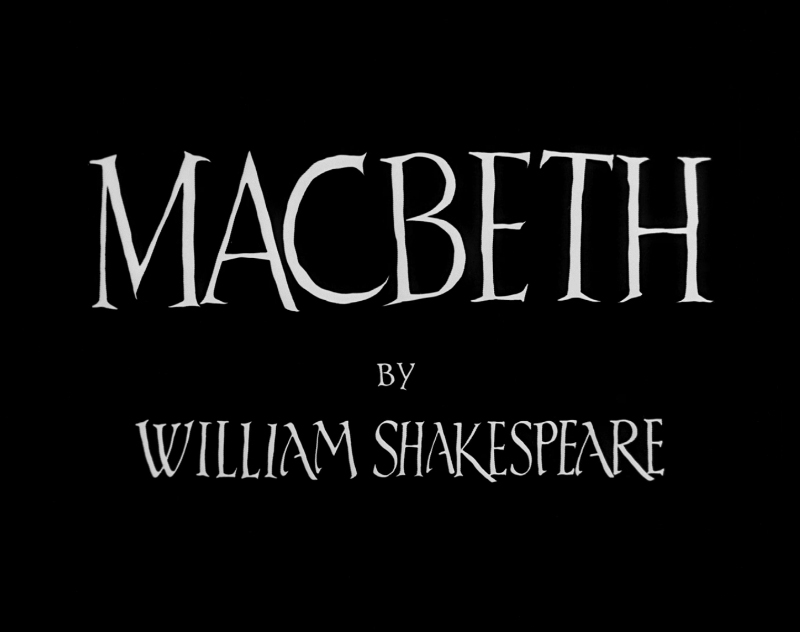Hang out our banners on the outward walls; The cry is still 'They come:' our castle's strength Will laugh a siege to scorn: here let them lie Till famine and the ague eat them up: Were they not forced with those that should be ours, We might have met them dareful, beard to beard, And beat them backward home.
What is that noise?
I have almost forgot the taste of fears; The time has been, my senses would have cool'd To hear a night-shriek; and my fell of hair Would at a dismal treatise rouse and stir As life were in't: I have supp'd full with horrors; Direness, familiar to my slaughterous thoughts Cannot once start me.
Wherefore was that cry?
She should have died hereafter; There would have been a time for such a word. To-morrow, and to-morrow, and to-morrow, Creeps in this petty pace from day to day To the last syllable of recorded time, And all our yesterdays have lighted fools The way to dusty death. Out, out, brief candle! Life's but a walking shadow, a poor player That struts and frets his hour upon the stage And then is heard no more: it is a tale Told by an idiot, full of sound and fury, Signifying nothing.




































